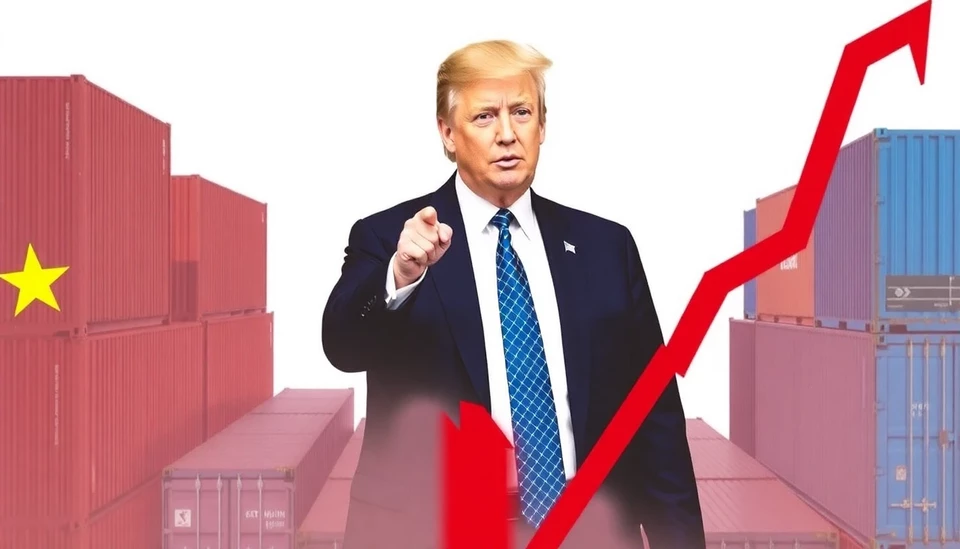
In a significant move that reflects the deteriorating relations between the United States and China, the Chinese government has imposed new restrictions on domestic companies looking to invest in the U.S. This decision comes amidst escalating tensions between the two nations, marking a critical juncture in international economic relations.
The recent directive from Beijing prohibits certain sectors from engaging in direct investments in American companies, particularly those in critical technologies and industries deemed to be sensitive to national security. This includes advanced semiconductor manufacturing and artificial intelligence, sectors that have become focal points in the tech rivalry between the two superpowers.
Chinese officials have justified this regulatory shift as a necessary step to protect national interests and security. This crackdown aims to shield China's technological advancements from being potentially compromised or hindered by outside influences, especially given the ongoing friction surrounding trade and tariffs.
This policy change, however, has raised concerns among investors and multinational corporations. Many fear that the restrictions could lead to a significant slowdown in the cross-border flow of capital, ultimately impacting global financial markets and the interconnectedness of the tech industries in both nations. Analysts predict that these restrictions may cause apprehension among U.S. companies that rely on Chinese investments or are looking to enter the Chinese market.
Additionally, this development comes against the backdrop of broader geopolitical tensions, including disputes over Taiwan, human rights issues, and the ongoing battle for global supremacy in technology. The climate of uncertainty is further exacerbated by recent sanctions and trade restrictions imposed by the U.S. on various Chinese entities, which, in turn, have prompted countermeasures from Beijing.
As the landscape of international investments undergoes these shifts, businesses will need to navigate a complex and evolving regulatory environment. Companies will be compelled to reassess their strategies regarding investments and collaborations across borders, particularly with China and the United States at the forefront of these changes.
Looking ahead, the question remains: how will these restrictions influence the future of Sino-American relations and the global economy as a whole? The implications are vast, impacting not only businesses but also the broader geopolitical dynamics between the world's two largest economies.
As both nations continue to grapple with their respective challenges and interests, the commitment to diplomatic dialogue and conflict resolution will be crucial in the months – and years – to come. The world watches closely as these developments unfold, with significant repercussions anticipated for international trade and investment.
In conclusion, while China’s new investment restrictions are aimed at protecting its domestic industries and national security, the larger implications for global relations and economy are uncertain but likely profound.
#China #USRelations #InvestmentRestrictions #Technology #Semiconductors #ArtificialIntelligence #Geopolitics #GlobalEconomy #TradeTensions
Author: Daniel Foster




